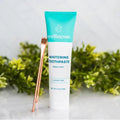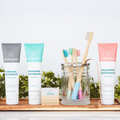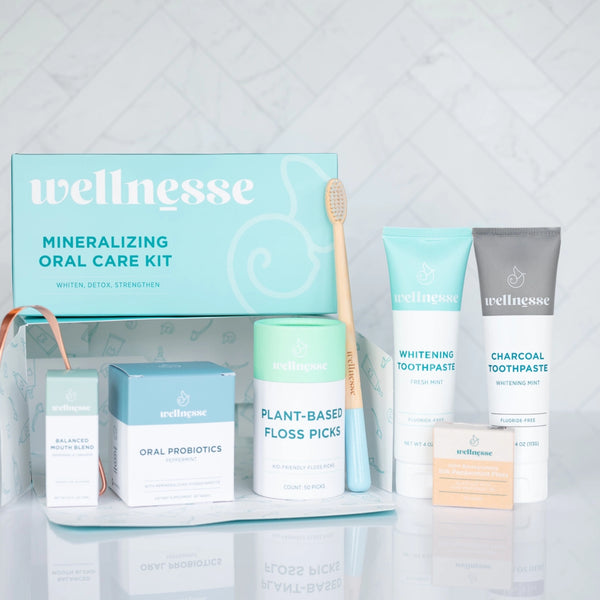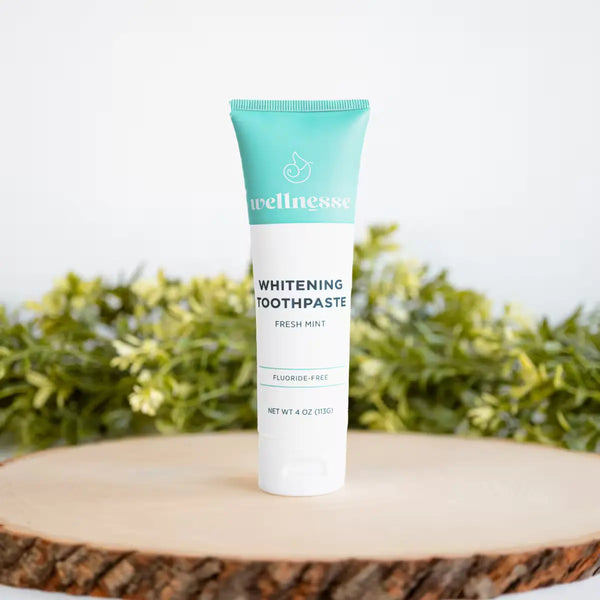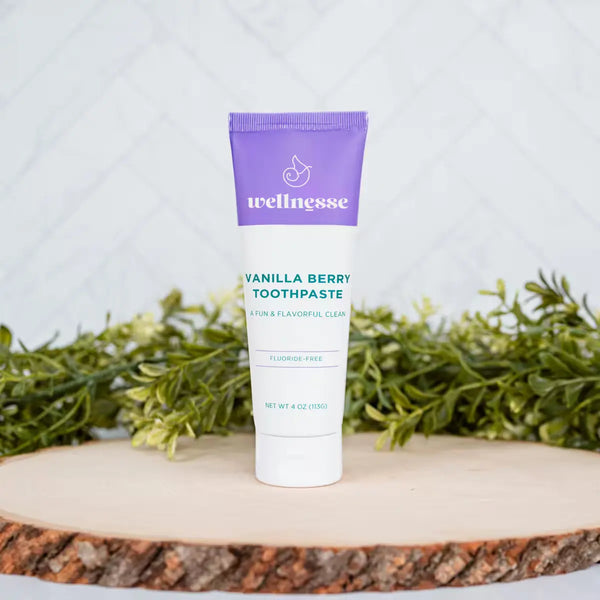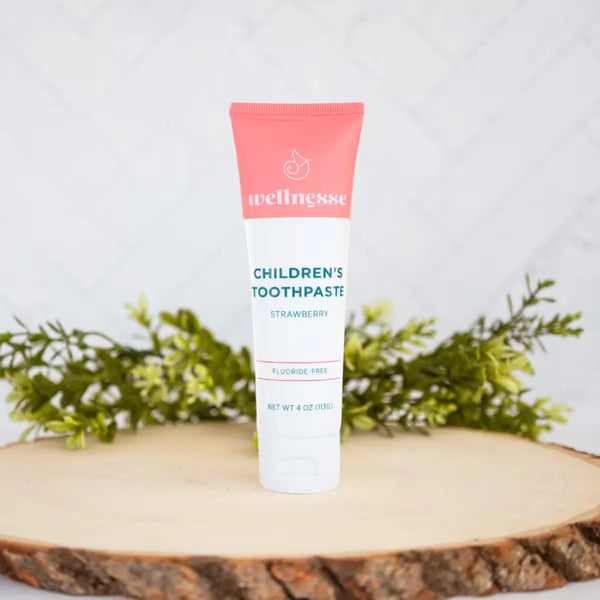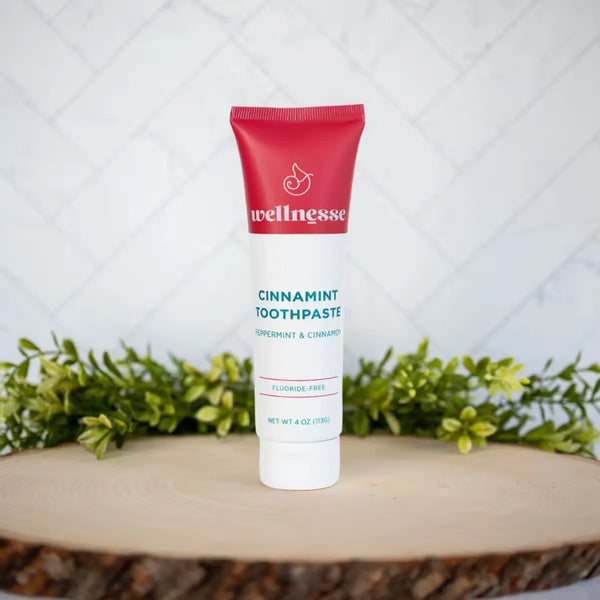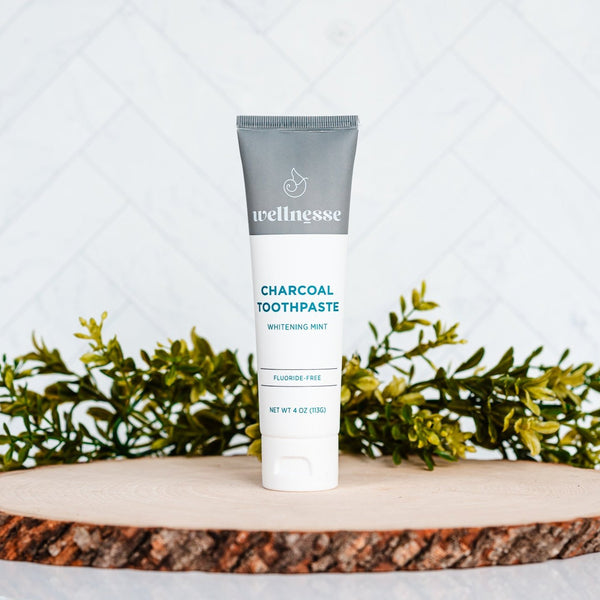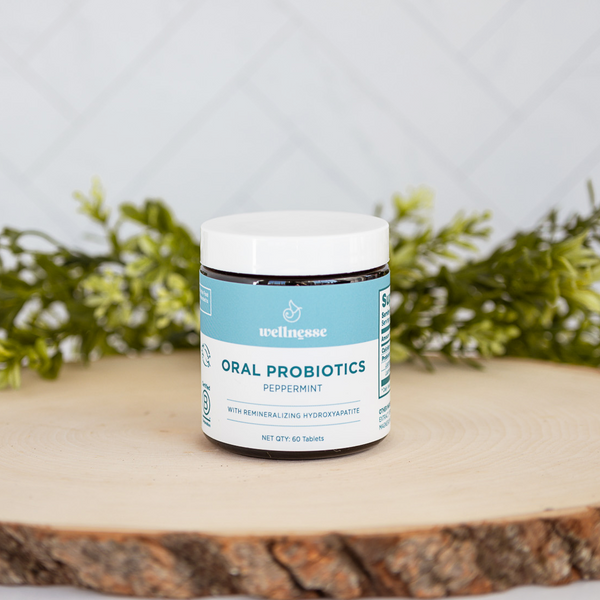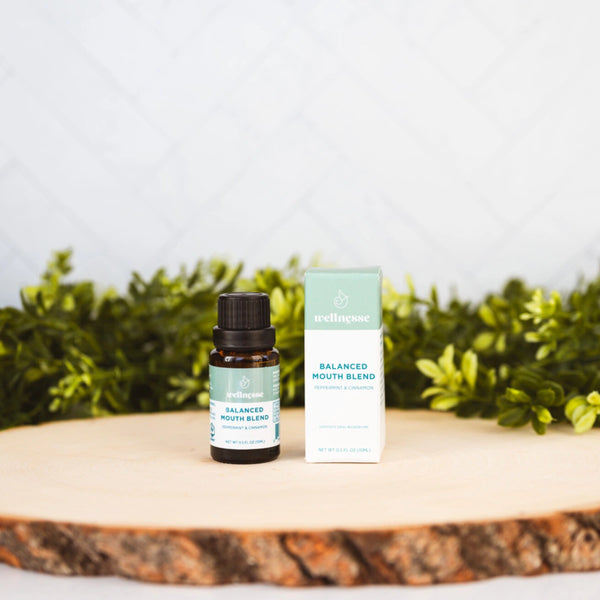Argan oil is a rare and underappreciated treasure. It comes from the kernels of trees that grow in the harsh climate of the Moroccan desert, making it one of the scarcest oils in the world. Its benefits as a beauty product are strikingly potent. Still, even many users privy to the argan oil secret need to realize they aren't getting the full range of its potential benefits.
Before we get into the hair benefits, let's dive into some history!
Nearly Gone for Good
The Moroccan people included argan oil in their diets for thousands of years because of its dense nutrient concentration. However, it was also a beauty phenomenon in both haircare and skin care. They discovered that argan oil helps with anti-aging (due to its high antioxidant content), is anti-inflammatory and antimicrobial, adds shine to hair, and is an excellent moisturizer for sun-exposed hair and dry skin.
The crazy thing is that the tree was almost extinct just a few decades ago.
In the 1990s, the demand for argan oil as an export was low. The locals used argan oil daily, but their usage was insufficient to support planting argan trees in the place of crops that could be exported for a higher profit. Thus, the argan tree dwindled and almost disappeared completely.
Eventually, argan oil was rediscovered as a powerful 'beautifying' agent and began to thrive once more. But the growing fascination and cult following came with a problem. Sadly, most hair products that include argan oil also contain chemicals and toxins that reduce (if not eliminate) its benefits.
Liquid Gold?
Pure Argan oil contains a host of powerful nutrients, including:
- Vitamin A
- Vitamin E
- Omega 6 fatty acids
- Linoleic acid
- Oleic acid
As a key ingredient in beauty and haircare products, this team of nutrients is potent! Even using a little clean, toxin-free argan oil goes a long way. It's no wonder that people throughout history have used argan oil in such a wide array of ways - this nutritional lineup is beneficial for everything from the hair to the immune system!
Argan Oil for Skin
Argan oil is a powerful moisturizing and soothing agent (it has even been known to help with dandruff). It improves the skin's ability to retain water and stay hydrated. Even in the cold, it helps heal cracks in the skin and soothe minor wounds.
It's used in cosmetic products like lip balms and salves to hydrate the skin and even reduce the appearance of stretch marks. Argan oil is also used as a medical agent to soothe inflammation and irritation, such as rashes, dermatitis, and eczema.
Because Argan oil contains allantoin and melatonin, it promotes healthy tissue growth. This trait makes it valuable in protecting against sun damage and healing and reducing the severity of scars, ulcers, and wrinkles.
Argan oil reduces inflammation, eliminates free radicals, and restores skin. And while it's undeniably an anti-aging wonder, it can also help to combat acne. Studies show that the body's over-production of acne-causing oil decreased when the participants applied an argan oil-infused mixture to their faces.
All these same benefits make argan oil wildly effective for hair treatments and scalp conditioning.
Argan Oil for Hair
Argan oil is a key ingredient in many deep conditioning treatments, leave-in conditioners, and hair masks. Regardless of your hair type, it's great for hydration and works to repair the hair strands from root to ends. It promotes new hair growth, strengthens the hair against future breakage and hair loss, and even minimizes damage after harsh treatments like coloring.
If you live in a humid climate or regularly blow dry, you know that frizzy hair can be a problem. Argan oil works to tame frizz and flyaways- giving you that fresh-from-the-salon shine - and serves as a type of heat protectant by locking in moisture.
Even without humidity and blow dryers, many factors contribute to dry hair and hair shaft damage. Whether it's chlorine from the swimming pool, sun exposure, hot irons, hot curlers, or coloring treatments, the vitamin E and fatty acids in argan oil can help reverse the damage and add healthy, vibrant shine back into the hair.
Argan oil, when used alone, is a fundamental building block to fantastic hair health. Paired with the right ingredients, even a little goes a long way toward beautiful, healthy hair. Paired with the wrong ingredients, your scalp and hair may become worse for wear, despite all the potential benefits.
Why Argan Oil May Not Work for You
Argan oil's wide array of benefits can be vastly amplified or completely voided depending on the ingredients it's paired with. Unfortunately, in most cases, haircare products that contain argan oil also contain toxic ingredients that render it nearly (if not completely) ineffective.
Sulfates are a primary foaming agent in many shampoos. While that foaminess feels nice between our fingers, it also dries out your hair and scalp. Sulfates often contribute to brittle, dull, and thin hair. Rather than cleansing and supporting hair health, sulfates strip the hair of its natural oils to the point of irritation and inflammation. Over time, they also lead to a host of other inflammatory skin responses and further issues. You can say goodbye to elasticity, natural shine, and healthy growth and say hello to split ends and damaged hair.
Artificial fragrances are another extremely common ingredient in most conventional (and even some natural) haircare products. Aside from potentially causing irritation, dryness, and hair thinning, they can trigger allergic reactions and cause hormone disruption! (Trust us, natural scents aren't only available, but they smell just as good and without any cost to your health. We know - we've done it!)
Artificial food dyes are often used in haircare to (predictably) add a pleasing color. Not only is this completely unnecessary, but artificial dyes are linked to numerous health issues, from inflammation to hyperactivity to cancer. It's just not worth it!
So, if all the most common haircare ingredients seem to wipe out argan oil's benefits, how are we supposed to take advantage of all the benefits?
Fortunately, it's pretty simple!
Unlocking the Secret
Put simply; we need to get back to the basics. Prioritizing using pure ingredients and avoiding toxins is key.
Natural, DIY remedies (like salves, balms, and hair treatments) are a great option, but creating and perfecting your own recipes requires a lot of time, effort, and investment. Alternatively, you can find clean, trustworthy products that use only the purest, most beneficial ingredients available. Unfortunately, that search can feel like an uphill (if not impossible) battle.
So we've made it easy for you.
Pure, natural argan oil is one of the key ingredients in our Restoring Conditioner, and we made sure to pair it only with the highest quality ingredients that boost its benefits in ways you'll love. Combined with other superfoods like hydrolyzed quinoa, nettle, safflower, and shea butter, our conditioner is the haircare secret weapon you never knew you needed.
So, what are you waiting for? Your best hair days are calling.
Resources
1. Wells, Katie. (2020, April 29). Top 10 Argan Oil Benefits for Skin, Face, and Hair. Wellness Mama. Retrieved from https://wellnessmama.com/426023/argan-oil-benefits/
2. Wells, Katie. (2015, March 31). Do Food Dyes Affect Behavior? Wellness Mama. Retrieved from https://wellnessmama.com/36873/do-food-dyes-affect-behavior/
3. Wells, Katie. (2013, February 28). Pregnancy Stretch Marks Salve. Wellness Mama. Retrieved from https://wellnessmama.com/8183/stretch-marks-salve/
4. Wells, Katie. (2011, December 5). Homemade Healing Salve. Wellness Mama. Retrieved from https://wellnessmama.com/3520/homemade-healing-salve/
5. Wells, Katie. (2012, September 6). Healing Lip Salve Recipe. Wellness Mama. Retrieved from https://wellnessmama.com/5859/healing-lip-salve/
